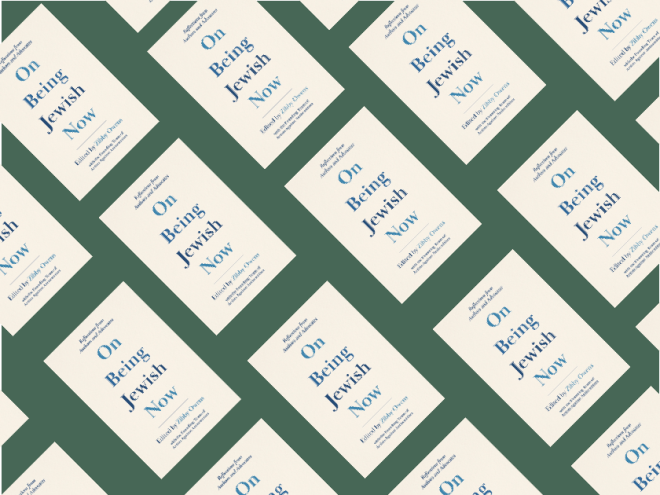Blank is a novel revolving around the theme that the publishing industry is a rotten mess. Readers may not be aware of the process that must unfold before a book reaches their hands, but in Blank, the protagonist, Pippa, takes her audience through the whole affair — the agents, editors, publicists, interviews, and book talks. All of the traditional hoops through which an author has to jump are made even more challenging in our time by social media, which controls the buzz around art and culture. Facing writer’s block, Pippa decides in desperation to publish a blank book — a book with absolutely no content, just empty pages. As Pippa’s mother notes, it’s the ultimate example of“The Emperor’s New Clothes.”
Then Pippa’s publisher agrees to submit Blank to Operation Bestseller — a publishing program that manipulates the literary market so that a particular book will sell, no matter its worth, and no matter how many truly worthwhile books go unpublished or unpromoted in the process. Through this development, Owens asks us to consider how different literary success and literary merit have become in today’s world.
Blank succeeds in part because Owens pays careful attention to tension and pacing. The draft of Pippa’s book is due in a week, and each section of Owens’s novel counts down another day. When she’s not agonizing over her book, Pippa chauffeurs her children around Los Angeles and indulges in her true passion: real estate and open houses, which she attends and then describes on her highly popular but unmonetized Instagram account. Pippa is raising her children Jewish, and it’s through her son’s bar mitzvah tutor that that she begins to see the possibility of a happy ending.
Owens has created a cinematic story sure to appeal to the modern reader — all the more evidence that she has her finger on the pulse of contemporary publishing.
Beth Dwoskin is a retired librarian with expertise in Yiddish literature and Jewish folk music.




